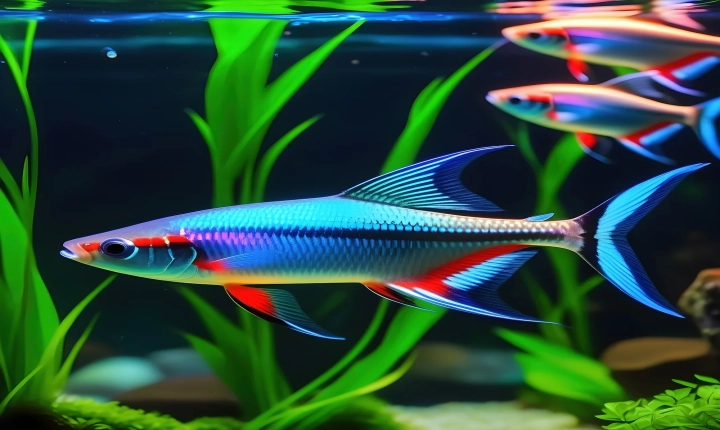“Is ChatGPT Code Copyrighted?”
ChatGPT, a sophisticated language model developed by OpenAI, has gained significant attention for its ability to generate human-like text. Many developers, researchers, and businesses have been eager to explore its potential applications, leading to some curiosity about the copyright status of its underlying code.
As with any software development project, the issue of copyright is an important consideration. The specific question of whether the code behind ChatGPT is copyrighted can have significant implications for users, developers, and the wider tech community.
OpenAI has not publicly disclosed the exact details of the code that powers ChatGPT, but it is reasonable to assume that the company has taken steps to protect its intellectual property. This likely includes copyright protections for the codebase, which would prevent unauthorized copying or distribution of the code.
Given the complexity and scale of the technology behind ChatGPT, it is not surprising that OpenAI would seek to safeguard its code. The model’s architecture, training data, and supporting infrastructure represent a substantial investment of time, resources, and expertise. Copyright protection can help ensure that these investments are not exploited without authorization.
For developers and businesses looking to utilize ChatGPT or build upon its capabilities, understanding the copyright status of the underlying code is crucial. It informs decisions about how the technology can be integrated into proprietary systems, how derivative works can be created, and how potential legal risks can be mitigated.
It’s important to note that copyright protections are not absolute, and they may be subject to limitations and exceptions. For example, fair use and transformative use doctrines may allow for certain types of use of copyrighted code without explicit permission. However, navigating these legal nuances requires careful consideration and often professional legal advice.
Ultimately, the question of whether ChatGPT’s code is copyrighted underscores the broader issue of intellectual property rights in the technology sector. As AI continues to advance and become a more integral part of our lives, understanding and respecting these rights will be essential for fostering innovation and collaboration.
In the case of ChatGPT, it’s clear that OpenAI has made substantial investments in developing this cutting-edge technology, and it’s reasonable to assume that the company considers its code to be copyrighted. This underscores the importance of respecting the company’s intellectual property rights while also promoting an environment that encourages responsible and ethical use of AI technologies.
As the AI landscape continues to evolve, it will be important for developers, businesses, and policymakers to stay informed about the legal and ethical considerations surrounding AI technology. This includes understanding the copyright status of AI code, as well as addressing broader issues related to data privacy, algorithmic bias, and the societal impact of AI systems. With thoughtful and proactive engagement, we can ensure that AI technologies, including models like ChatGPT, contribute to a more innovative and equitable future.
